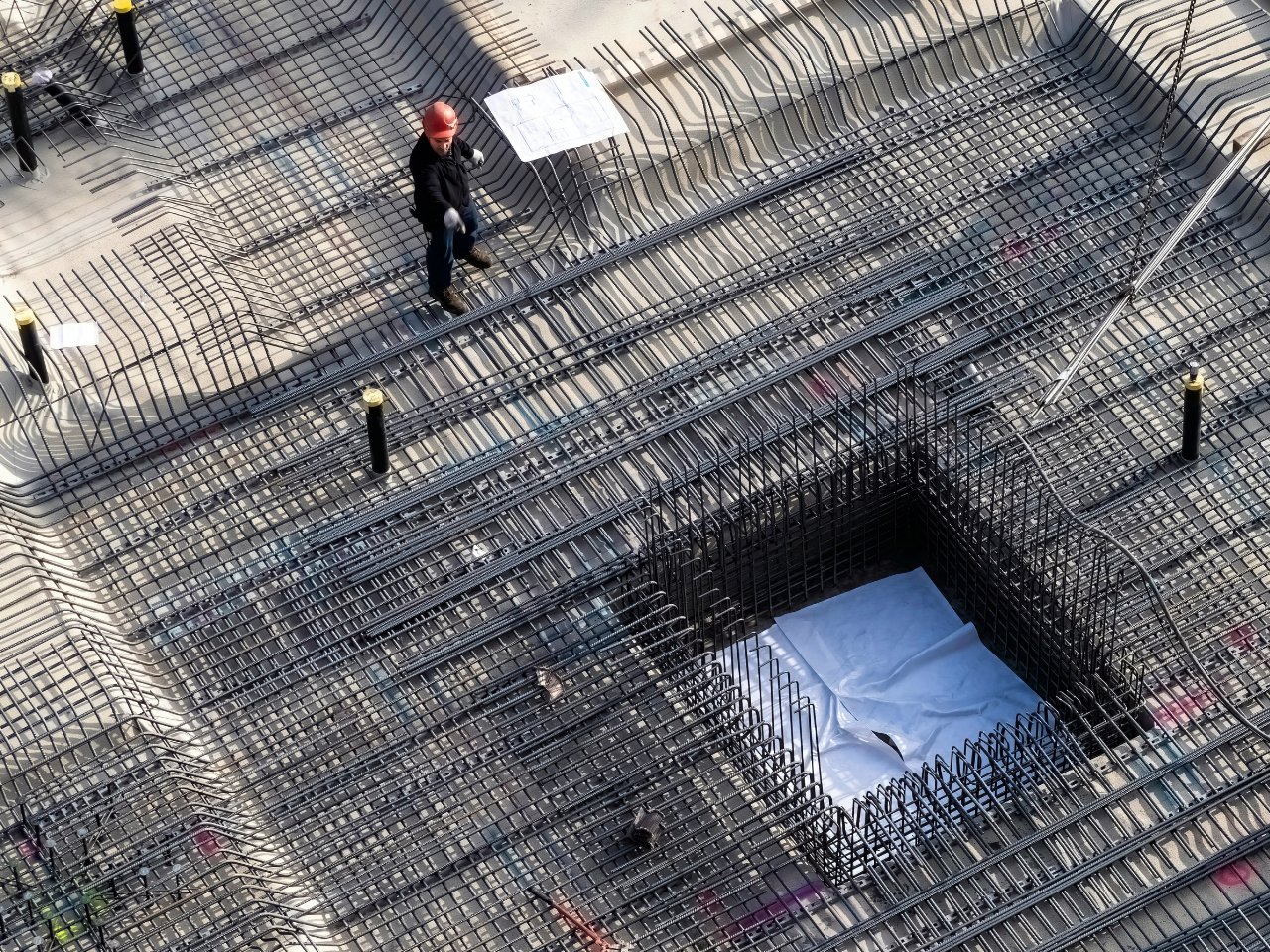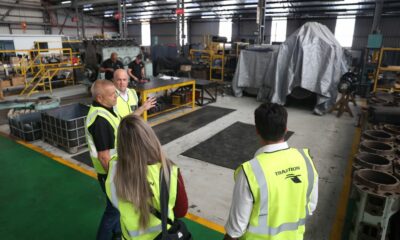Business
Steel, Solar & Strain: How Global Tariffs Are Wrecking SA’s Building Budgets

Builders in South Africa are grappling with a storm they didn’t create: rising costs, shrinking budgets, and a supply chain mess that began across the Atlantic.
It’s a long way from Washington, D.C. to a construction site in Limpopo. But recent US trade tariffs are echoing all the way through South Africa’s building sector. What started as an American policy shift has triggered a global chain reaction and South African developers are footing the bill.
From steel and aluminium to solar panels and wiring, prices are up, materials are scarce, and building timelines are slipping. All while the rand plays its unpredictable game against the dollar.
Imported Pain, Local Consequences
“Suddenly, the things we took for granted, like basic construction materials are delayed or double the price,” says Nolubabalo Tsolo, Executive Director of the Association of South African Quantity Surveyors (ASAQS).
The ripple effects are visible across the board. Residential housing? Stalling. School upgrades? Over budget. Bridge repairs? Running late.
Tsolo points out that currency fluctuations are rubbing salt into the wound. Many construction essentials are priced in dollars. When the rand dips, prices soar and it’s the project manager and, ultimately, the taxpayer or homebuyer who suffers.
The Numbers People Behind the Builds
Quantity surveyors often dubbed the “building accountants” or Bou-rekenaars are trying to bring stability to this chaos. They’re the ones crunching the numbers, building cost plans, and tracking every cent in complex projects.
“We work with engineers, architects, and planners to forecast costs and avoid nasty surprises,” says Tsolo. “But that’s becoming harder when global factors keep moving the goalposts.”
Usually, QSs include buffers in their budgets contingencies for delays or price hikes. But in the public sector, the Treasury doesn’t allow it. Every cent has to be justified, approved, and re-approved, often after the costs have already hit.
“It’s meant to enforce accountability, but it ends up causing delays and increasing overall expenses,” Tsolo says. “It’s a Catch-22.”
How SA Can Build Smarter
To survive this perfect storm, ASAQS is recommending a few key strategies:
1. Make pricing more flexible: ASAQS is working with government to revisit outdated procurement rules that prevent builders from adjusting to real-world prices. Current regulations are vague on whether cost escalations and contingencies are allowed and this confusion needs to end.
2. Back local manufacturing: This crisis is an opportunity, says Tsolo. South Africa could grow its own industries — steelworks, solar panel plants, wiring production, if government offers the right incentives. That would reduce the country’s dependency on imports and shield projects from overseas shocks.
3. Train for the global economy: ASAQS is already helping its members understand macroeconomic trends and cost planning in an interconnected world. Tsolo believes this kind of resilience training should become an industry standard.
A Bigger Story About Global Dependence
What’s happening in South Africa is not unique. Around the world, builders are struggling to cope with an increasingly volatile and politicised supply chain. But in a country with a backlog of infrastructure upgrades and a desperate need for affordable housing, delays are more than just an inconvenience, they’re a social issue.
From Twitter complaints to contractor WhatsApp groups, local builders are venting their frustration. Some are even walking away from public tenders they believe are impossible to complete without going bankrupt.
And while the government pushes for “infrastructure-led recovery,” those on the ground are asking: At what cost?
South African construction is feeling the squeeze from policies made far away. But with strategic reforms, stronger local supply chains, and empowered quantity surveyors, the country can still build its way forward, smarter, not harder.
“If we build resilience now,” says Tsolo, “we’ll be better prepared for whatever global shocks come next.”
{Source: ZAWYA}
Follow Joburg ETC on Facebook, Twitter , TikTok and Instagram
For more News in Johannesburg, visit joburgetc.com



























